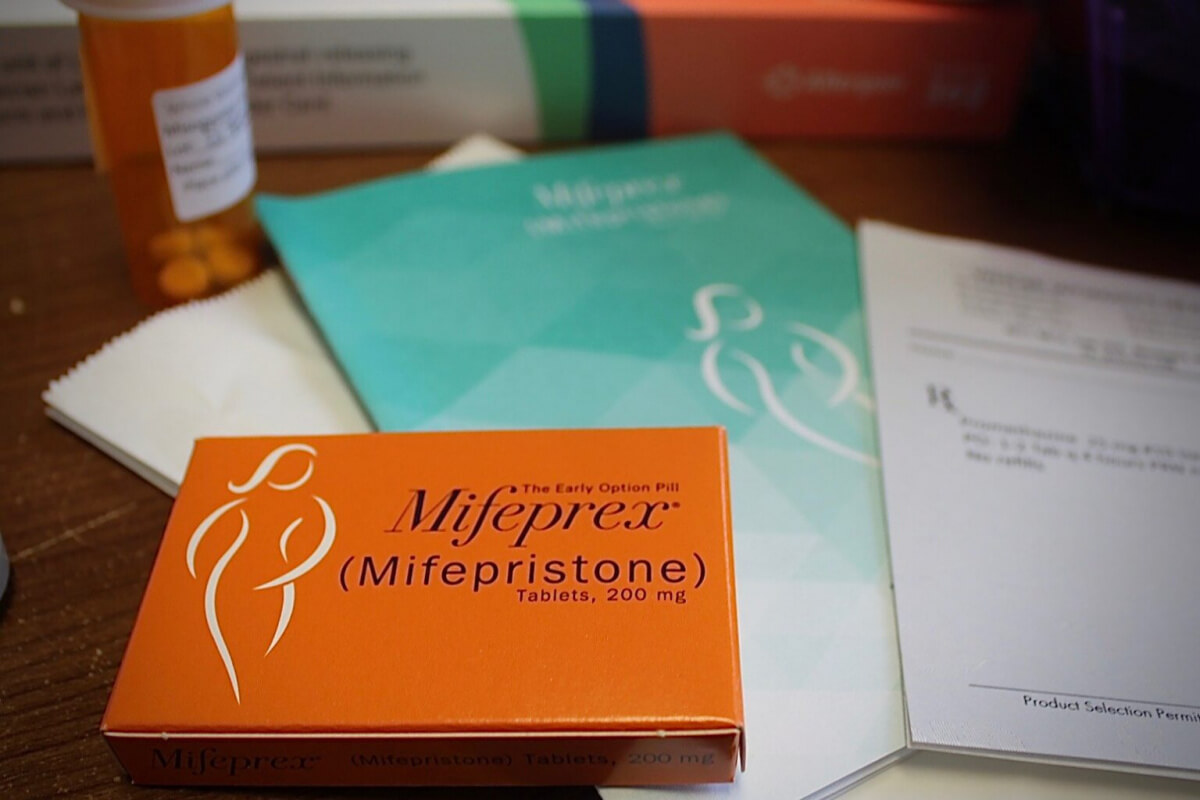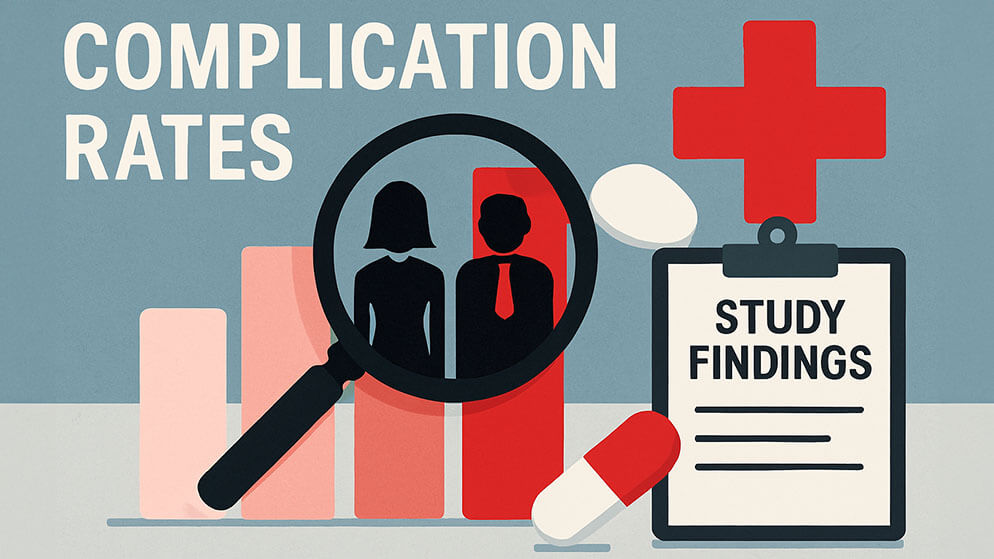
A study released by the Ethics and Public Policy Center has marked a significant deviation from prior clinical trial data regarding the safety of mifepristone, commonly known as the abortion pill. According to the study, approximately 10.93 percent of women who take mifepristone experience serious complications such as sepsis, infection, and hemorrhaging within 45 days post-administration—a rate that is 22 times higher than the less than 0.5 percent complication rate reported in earlier clinical trials.
These clinical trials, which formed the basis for the FDA-approved drug labels, involved around 30,000 participants. The high complication rate disclosed by the study contrasts starkly with these earlier findings. Study authors Ryan T. Anderson and Jamie Bryan Hall highlighted the gravity of the situation in remarks to Breitbart News, stating, “the abortion pill is not like Tylenol,” emphasizing the severity of potential adverse effects.
The research, which identified 94,605 adverse events related to medication abortions, comes amidst regulatory changes under Democratic administrations, which have seen a loosening of restrictions on mifepristone. When first approved during the Clinton administration in 2000, mifepristone was subject to strict safety requirements, including multiple office visits, physician oversight, and patient access to emergency medical services. Over two decades, these safeguards have been peeled back, culminating in changes during the Obama and Biden administrations that now allow women to obtain the drug via a single telehealth visit, self-administer the pills received by mail, and use them up to ten weeks of gestation.
Moreover, since 2016, the FDA has not mandated reporting of serious adverse events except for deaths, reducing transparency around the drug's safety. Proponents of abortion rights, such as Planned Parenthood, argue that these relaxed regulations are necessary to improve access to abortion, particularly in the wake of the Supreme Court's reversal of Roe v. Wade. Conversely, pro-life medical professionals warn of the risks to women's health posed by the removal of these safety protocols.
Amidst this backdrop, medication abortions have surged in prevalence. As reported by the pro-abortion Guttmacher Institute, they represented 63 percent of all abortions within the formal U.S. healthcare system in 2023. The contentious debate over the safety of abortion pills has also seeped into the political sphere, with Health and Human Services Secretary Robert F. Kennedy Jr. advocating for greater transparency around mifepristone during a recent Senate hearing. FDA Commissioner Martin Makary has stated he has no immediate plans to restrict the drug, but has not ruled out future actions if further data suggests dangers.
The legal landscape is equally complex. Texas's lawsuit against a New York doctor for sending abortion pills into the state has highlighted the conflict between states with differing abortion statutes. Meanwhile, Republican-led states Idaho, Missouri, and Kansas are engaged in litigation challenging the FDA's deregulation of the drug following a Supreme Court ruling in June 2024.

